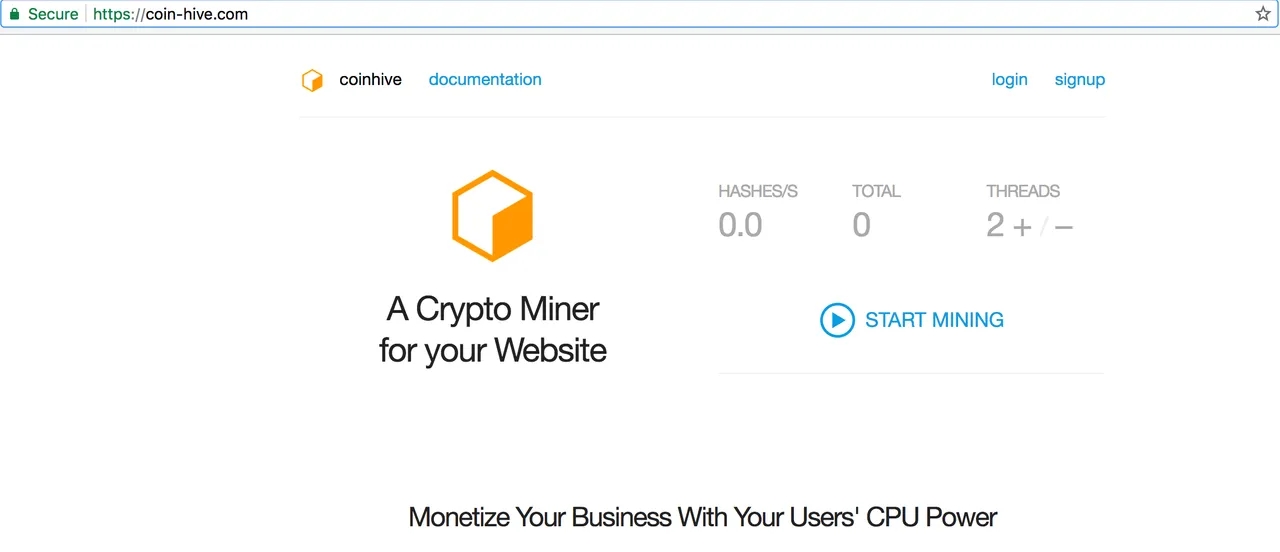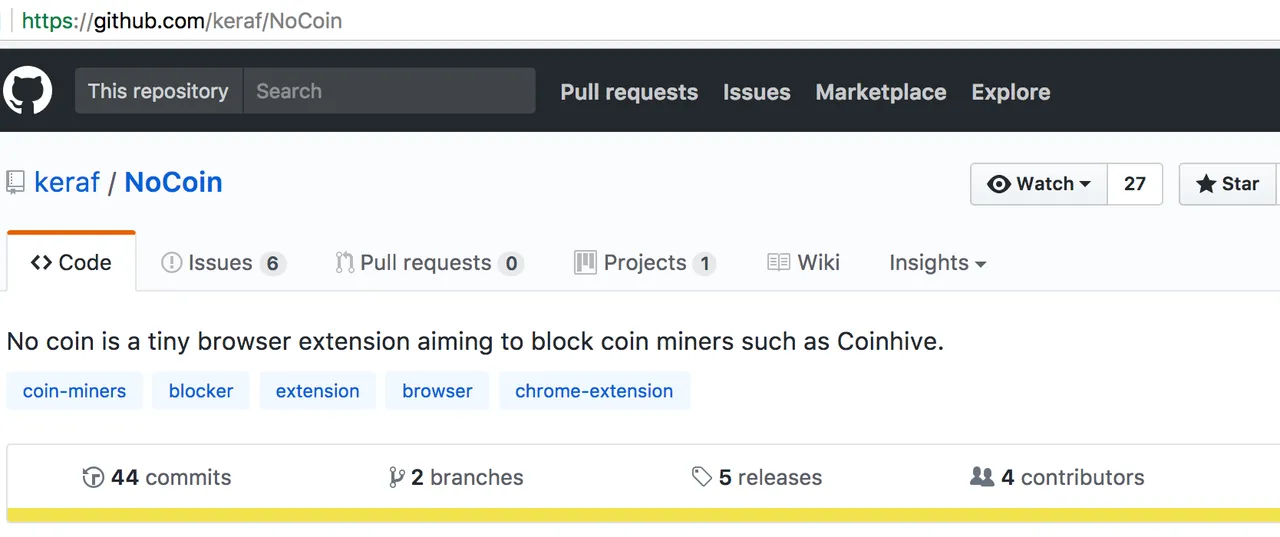
Here are a couple of examples of big names, who recently integrated mining scripts in the source code of their websites.

The websites of US TV cable giant CBS's Showtime contained JavaScript code to secretly commandeered viewers' web browsers to mine Monero (a privacy-focused alternative to the ever-popular Bitcoin). The hidden JavaScript code allowed the website to blow spare processor time in mining and typically consumed as much as 60 per cent of Computing Power on computers visiting the sites.

Though they silently pulled the mining code from the websites, and it's extremely unlikely that a large corporation would do such a thing without informing it's users, especially since it's already subscription based. It's likely that someone hacked or inserted the mining code to make a few quick coins.

The Pirate Bay was the one to lead the way in accepting Bitcoin donations, and recently they started experiments to generate money by borrowing visitor's computational power to mine Monero (XMR).
The site was considerate enough to not to be resource hungry and limited the amount of computational power used. It was throttled at different rates (0.6 to 0.8) and the increase in resources was immediately noticeable. The mining script was not enabled site wide.

Currently Coin-Hive supports Monero (1 XMR, is worth around $93 right now), mainly because underlying algorithm in Monero is designed to run well on consumer CPUs, and using high end GPUs doesn't provide a very huge advantage as opposed to other coins.
Yeah so, Mining Blockers are already a thing to prevent websites from abusing this great idea of borrowing Computational Power to monetize their content.

Checkout this awesome Open Source Project: NoCoin [Github]
From a user's perspective, I think using a coin miner in browser to monetize content is a great idea, as long as the Websites don't abuse it.
I'd be interested in supporting the idea if the following points are taken care of:
The idea has a real potential if used correctly, and the website owners will not have to rely on intrusive and sometimes weird ads to monetize the content they create.
How comfortable are you with the idea?